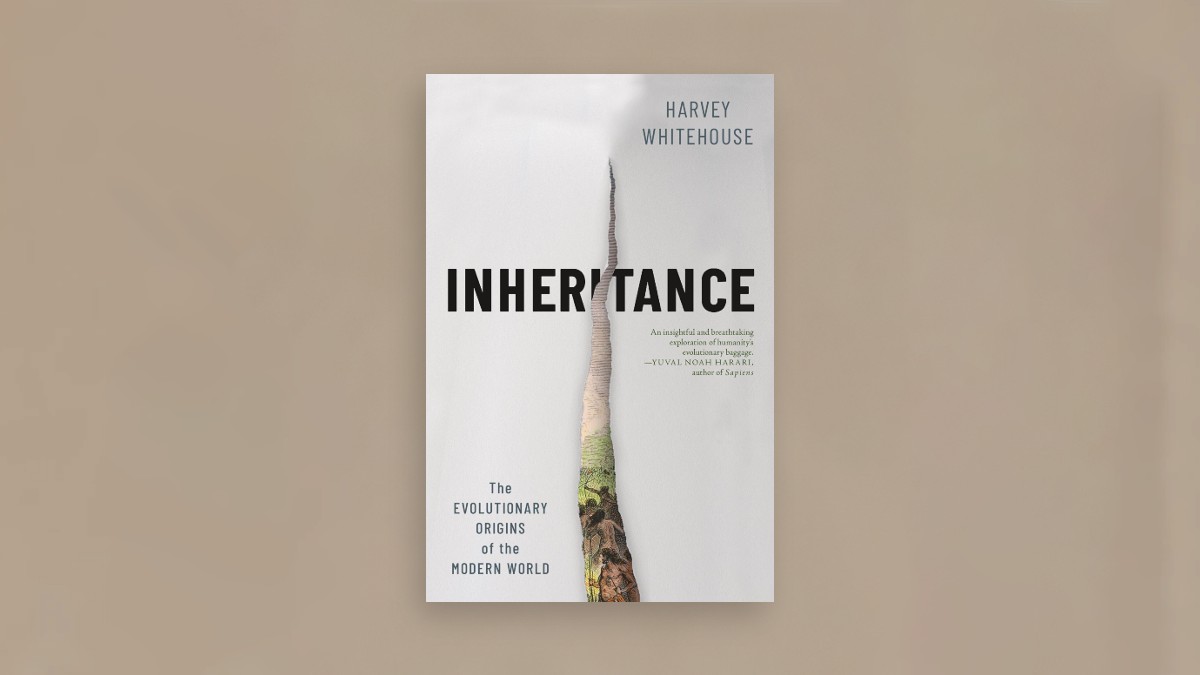Some countries have withheld information about viruses, others have accused developed countries of monopolistic tendencies. In this video, Barry Bloom surveys vaccine intellectual property disputes related to Indonesia, Sub-Saharan African and South Africa.
Paul Hoffman: What about world cooperation? We had another guest at Big Think, Laurie Garret, who’s the global health analyst at the Council for Foreign Relations, and she observed that Indonesia has not been releasing certain avian flu samples for a few years now, on the grounds that they believe that their own people, or poor people around the world, won’t benefit if any vaccine is created. How do we address problems like this so we can have greater global cooperation, Barry?
Barry Bloom: It’s a big problem, and it has to do with the law of intellectual property. The perception that I have is that the rich countries are scientifically advanced. They invest in technology and they control most of the intellectual property and patents for things. And I think the cry from Indonesia, which is burst forth more quietly from other places, is that they want some share in any rights and royalties for discoveries made with materials, diseases, or viruses discovered in their countries.
That’s a radical change from the passivity of saying it’s the rich countries’ responsibility to take care of the poor countries. But it’s not putting tremendous, and I think appropriate demands, for just what you’ve said, is how do we share intellectual property? How do we make expensive vaccines available at low cost? As we are for AIDS drugs to people in Africa.
I would point out, when this played out with antiretroviral drugs; there was much screaming, particularly in countries in Africa, about intellectual property being monopolized by the rich countries. Turns out that the twenty-five sub-Saharan African countries with AIDS only one of them is a signatory to the intellectual property agreements at WIPO [World Intellectual Property Organization], and consequently, the rest of them were free to manufacture anything they wanted, because they were not bound by that. They simply didn’t have the technical capacity to do that.
I think the world has evolved. A lawsuit in South Africa was withdrawn. The companies have decided to reduce the price and say, we will share the technology that we have to help prevent death and save lives, when the case is really serious. And I would hope that Indonesia and other countries that are providing viruses for study, that get turned into vaccines, will be similarly cooperative.





